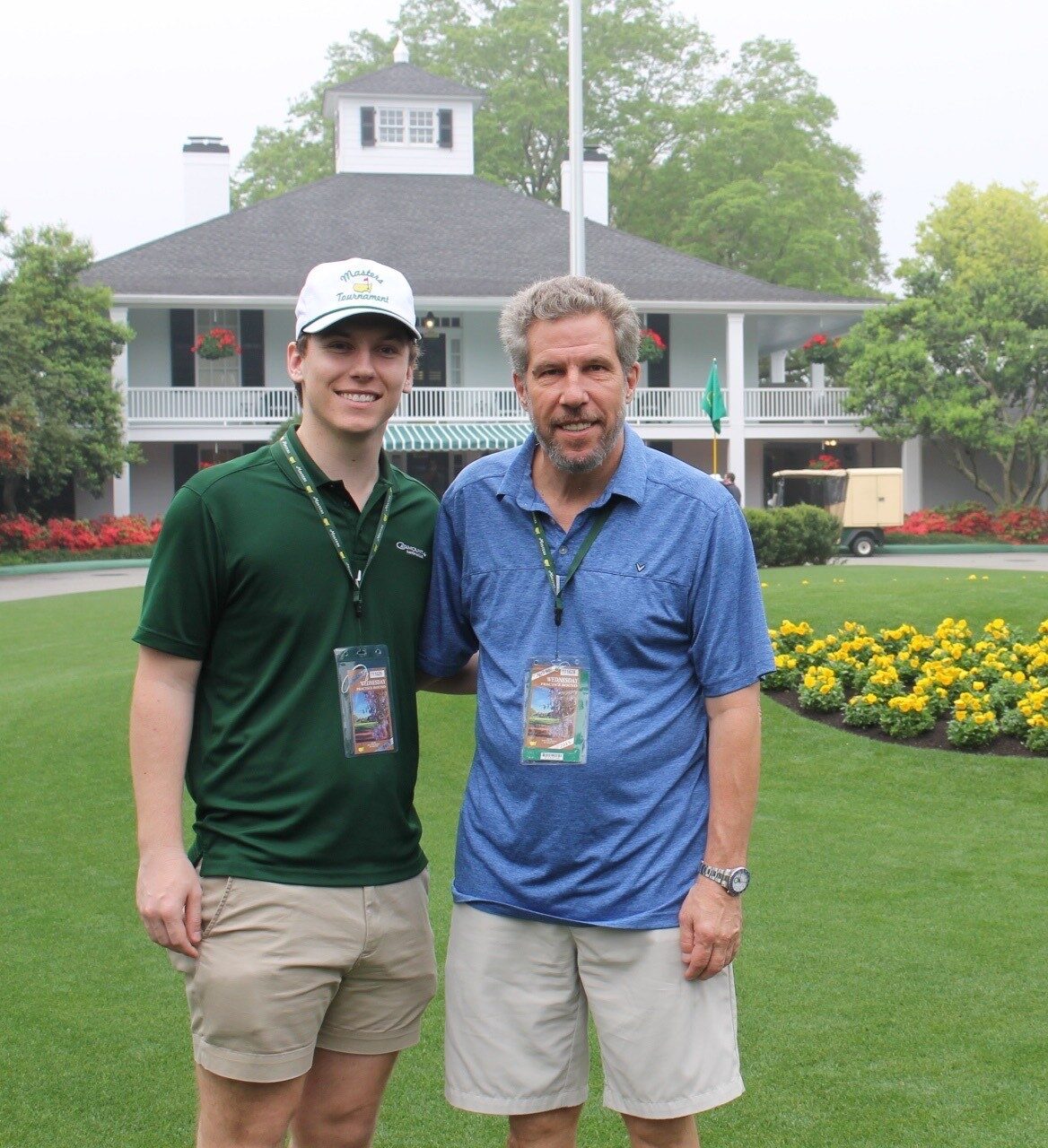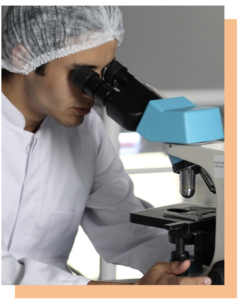
The Legacy
April 11, 2024
This is a guest post by Christopher Wood, Jr, son of the KCA’s late Board Chair and friend, Dr. Christopher…
Read More
Kidney cancer research highlights presented at the 2020 meeting of the American Society of Clinical Oncology (ASCO).
Cancer patients suffer more from COVID-19
Cancer patients who become ill as a result of the novel coronavirus COVID-19 are more likely to die within a month compared to people without cancer and have more complications like intubation, according to two studies published in the journal The Lancet and presented at ASCO 2020. The studies represented two groups of cancer patients, one in the US and one in England, for whom the death rates were 13% and 28%, respectively. Older age and being male were some of the general factors associated with increased risk of death but so were cancer-specific factors such as whether the cancer was progressing. However, the authors stressed that chemotherapy or other anti-cancer treatments did not necessarily increase the risk of dying due to COVID-19, which indicates treatment regimens can continue.
“While older patients and those with major comorbid conditions are at substantially increased risk of dying from COVID-19, our early findings are encouraging news for patients without major medical conditions who receive their cancer therapy within four weeks of their infection,” said US study lead author Dr. Nicole Kuderer of the University of Washington Medical Center in Seattle.
Nivolumab alone is not powerful enough as first-line treatment for metastatic RCC
Building on previously established work demonstrating that combination nivolumab/ipilimumab is an effective first line therapy for people with metastatic RCC, two phase II studies evaluated different ways to sequence nivolumab and ipilimumab in ways that de-escalated treatment.
The OMNIVORE trial led by Dr. Rana McKay of UC San Diego Health investigated if treatment with nivolumab alone could be safely discontinued after 6 months if patients responded and, if not, could ipilimumab be added in two cycles as rescue therapy?
Similarly, the HCRN GU16-260 study led by Dr. Michael Atkins of the Georgetown Lombardi Comprehensive Cancer Center in Washington, DC investigated the efficacy of treatment with nivolumab alone followed by four cycles of ipilimumab in the case of stable or progressive disease in a population of clear cell RCC patients.
In an analysis of both trials, Dr. Laurence Albiges of the Institut Gustave Roussy in France and a member of the KCA’s Medical Steering Committee said adding ipilimumab to nivolumab as a rescue strategy for people who do not respond to single-agent nivolumab increased objective response to therapy to 10-15% but did not increase the rate of complete response.
“My personal opinion is that this strategy cannot be yet implemented in routine,” Albiges said, since a significant number addition of patients are not eligible for ipilimumab because of rapid progressing disease and because of limited activity and lack of complete response, though it may be a strategy to consider in frail patients.
Pembrolizumab plus axitinib continues to best sunitinib
The phase III KEYNOTE-426 trial compared the combination of pembrolizumab plus axitinib with sunitinib as first-line therapy for patients with advanced RCC. Updated outcomes data after two years of follow-up presented at ASCO 2020 showed that the combination treatment continued to improve overall survival – 74% of those taking pembrolizumab plus axitinib were still alive vs 66% with sunitinib. Treatment response – including complete response – and progression-free survival were also better with the combination therapy. Both treatment groups experience toxicities including hypertension, diarrhea, and hypothyroidism, but no new toxicities emerged after the two years of follow up.
A promising new class of drug
A phase II trial of MK-6428, which inhibits a protein called hypoxia-inducible factor (HIF)-2a, showed promise for the drug in people with Von Hippel-Lindau (VHL) disease. People with VHL disease, which is rare and has no approved therapies, grow benign or cancerous tumors and can lead to cancers including RCC. Disrupting HIF-2a activity can prevent tumor growth. The trial, which was designed to test the safety and efficacy of MK-6428, showed that it had an objective response rate in RCC tumors of 27.9% and nearly 90% of patients had decreased size in their target lesions.
“Individuals who have [VHL] – there’s about 10,000 in the US – basically face a lifetime of surveillance with scans and surgical interventions,” said lead author Dr. Eric Jonasch, an oncologist at MD Anderson Cancer Center, in a Cure Today interview. “So having something that can actually shrink these without undergoing surgery would be a huge boost.”
Efficacy is most important to patients among treatment options
An online survey of over 1,100 patients showed that treatment efficacy was the most important outcome when people with metastatic RCC were considering their treatment options – 58.8% of respondents chose efficacy as their top consideration. Toxicity, time off therapy, and cost were not decision drivers. The top indicators of treatment success were reduced tumor size (86.3% of respondents) and stable disease (71.1%) followed by better quality of life and freedom from symptoms. The survey was conducted by the non-profit organization KCCure.